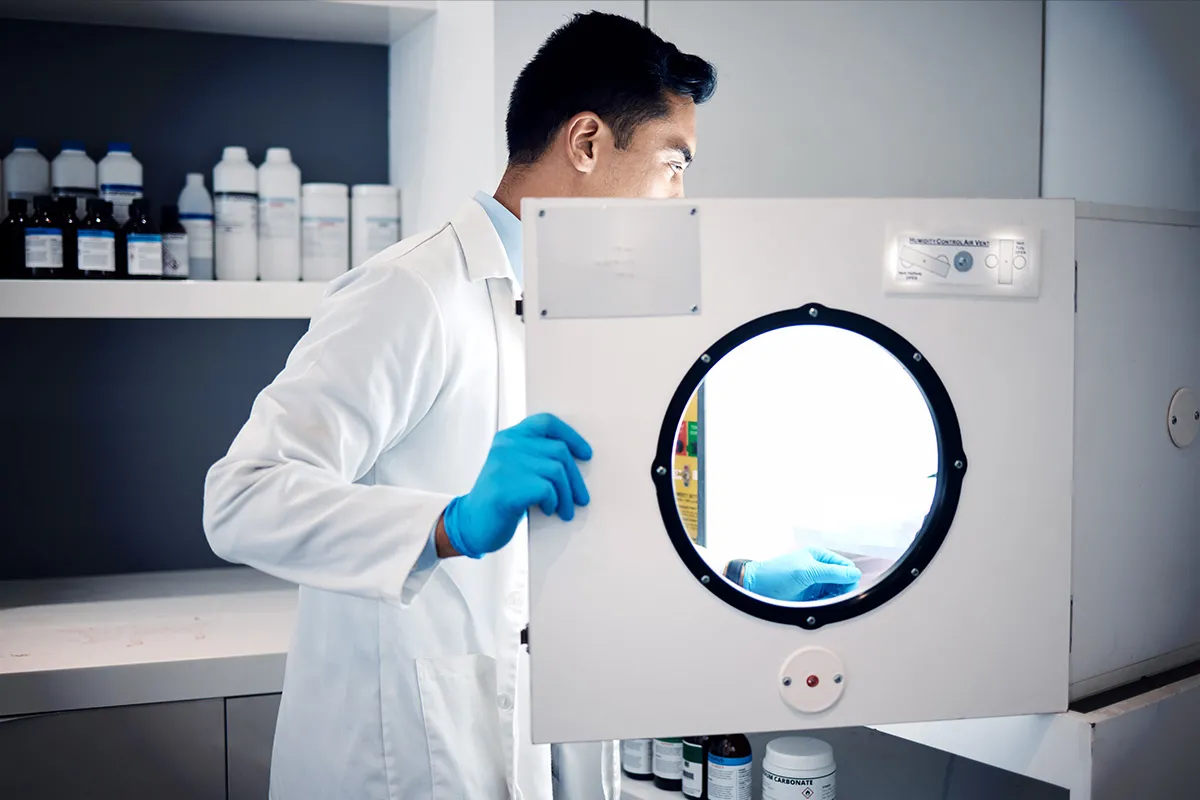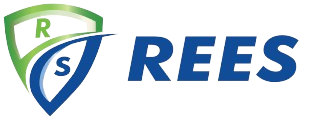Regulatory Compliance
Understanding ISO 17025: Ensuring Quality and Compliance in Testing and Calibration Laboratories
Oct 10, 2023

ISO 17025 is an international standard for the competence of testing and calibration laboratories. It sets out the general requirements that laboratories must meet to demonstrate that they are technically competent and capable of producing valid and reliable results. This standard is widely recognized and used by testing and calibration laboratories around the world. Key elements of ISO 17025 include:
Scope: The standard defines the scope of activities for which the laboratory is accredited, specifying the types of tests and calibrations it is authorized to perform.
Management Requirements: ISO 17025 includes requirements for the management and administration of the laboratory, such as document control, quality system, and management review.
Technical Requirements: This part of the standard covers the technical aspects of laboratory operations, including personnel competence, equipment calibration and maintenance, measurement traceability, and the handling of test and calibration items.
Quality Control: ISO 17025 emphasizes the importance of maintaining quality control processes to ensure the reliability and accuracy of test and calibration results.
Reporting: The standard specifies the format and content of test and calibration reports, ensuring that they are clear, accurate, and complete.
Continuous Improvement: ISO 17025 requires laboratories to continually monitor and improve their processes, promoting a culture of ongoing quality enhancement.
ISO 17025 accreditation is important for laboratories involved in various industries, including healthcare, manufacturing, environmental testing, and more. It provides assurance to customers and regulatory bodies that the laboratory's results are trustworthy and meet international standards.
Rees Scientific's temperature monitoring solutions provide laboratories with the tools and capabilities necessary to meet ISO 17025 compliance requirements. By ensuring the accuracy, reliability, and documentation of environmental conditions in the healthcare, life sciences, pharmaceutical, and blood bank industries. Rees Scientific contributes significantly to the integrity of testing and calibration processes, ultimately leading to compliance with international standards.



